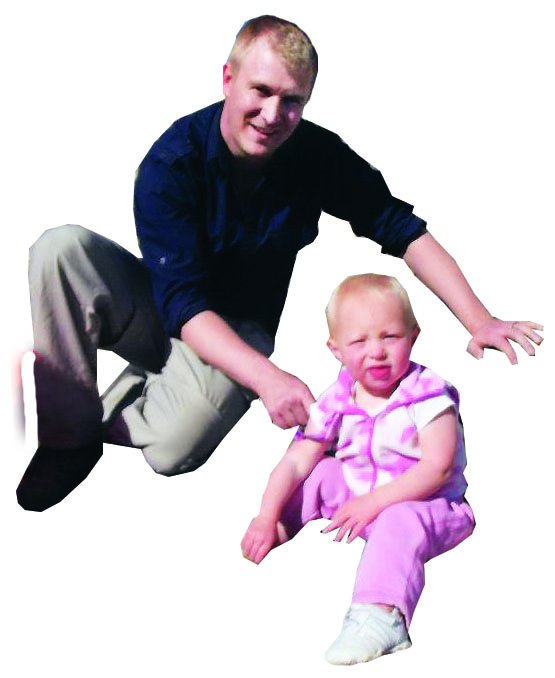Learning to Walk

This archived article was written by: Nathaniel Woodward
November is an important month in the history of biology and the understanding of life. In 1859, Charles Darwin published his work, “On the Origins of Species.” This incredible work provided the foundation of everything we know in the field, specifically how life could originate and how it came to be how it is today.
The knowledge of selection is still young in relation to the age of modern science, but many view it in wrong terms due to the heavy push back it has received by a vocal minority. Like I had previously said, evidence is not subject to belief. It’s understandable if you have one of these views. After all, evolution is very, very slow.
As humans, we tend to view the cosmos in terms we can understand, like our lifetimes. Just remember the amount of time you spend on this planet is less than a millionth of one percent of Earth’s total existence to date. In this article, I aim to present to you the evidence of our biological origins, and as always, urge you to test my evidences for yourself then make the decision. It’s up to you.
After the first cells began forming, mutations began to occur in the genetic codes of those early forms of life. Each mutations lead to a few possible outcomes. If it didn’t help it was likely not to be passed on, but if it was beneficial or in some way increased its chances of survival, that organism was much more likely to pass its genetic material onto the next generation who themselves would carry that beneficial mutation. Over many, many, many generations, these little mutations added up and new, more adaptable forms of life began to spread across early Earth.
One common misconception of evolution is of an organisms sprouting legs or wings and running off into the world, which is completely false. Evolution is not an organism struggling to develop a new characteristic; it is rather a process of completely random mutations that sometimes help an organism survive. If that mutation helps, then that particular organism is likely to have offspring who in turn will pass that mutation onto future generations who will continue to have random mutations themselves whether positive or not. Nature has a funny way of sorting things out if given enough time, and I assume billions of years would be sufficient. If there is one thing you take from this article, let it be this: organisms do not evolve; populations do.
This continued over hundreds of millions of years, through countless generations, drastic climate changes and even mass extinction events, but one day it finally happened. An ancestor of ours took its first steps onto dry land and began a chain reaction that would one day lead to your birth. An interesting thing to note is the mass extinction at the end of the Permian Period known as the “Great Dying” where over 90 percent of all life on the planet was killed. It took 10 million years for life to begin to bounce back. Again and again, we can look back at the miracle of our existence. You are unbelievably lucky to be alive.
Each of us is the product of an uncountable number of lucky breaks, and I would be doing the moment an injustice if I didn’t say, “Life…finds a way”-Jurassic Park. We are, as a species, prisoners to the time given us; only about a hundred trips around our local star, which can polarize our view of the greater spectrum of time and blind us to the amazement of the Cosmos.
To end this article, I would like to present to you a mathematical formula that may help put this into perspective. The age of the Earth is 4.5 billion years, divided into 24 segments representing hours. Each would constitute approximately 187.5 million years. That divided into 60 minute slices would give us 3,124,000 years per minute of the day and finally 52,083 years per second. Our entire species didn’t come into existence until the last four seconds, some 200,000 years ago.
Your time is tragically short, but you have the capability of changing history. What are you going to do with that time? Take a page from the book of our ancestors. Move beyond what you are, utilize the skills you have and eventually in your own way, you’ll learn to walk as well. It doesn’t take a mutation for you to be exceptional. Unlike our aquatic grandparents all those millions of years ago you have the mental capacity to make the world around you a better place and not just learn to walk yourself, but to help others take their first steps. “Equipped with his five senses, man explores the universe around him and calls the adventure Science.”-Edwin Hubble.




